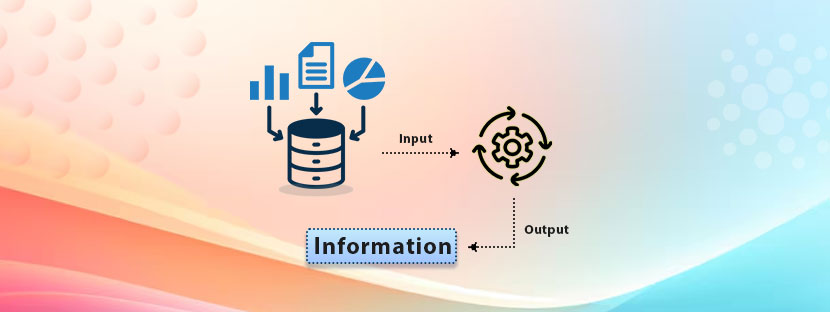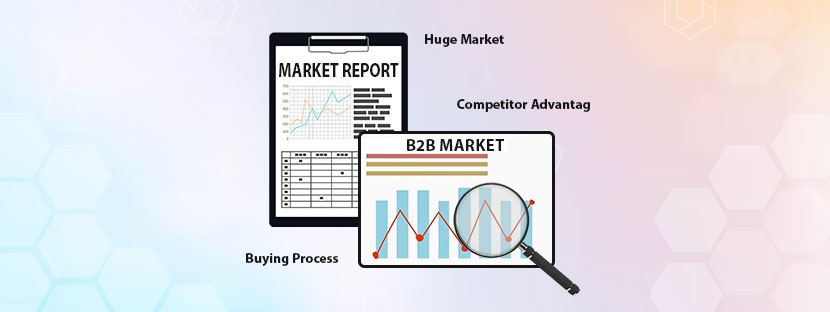In This Article
Are you aware of the fact that we, the human and the technology, have been producing 1.145 trillion megabytes of data every day? Organizations across the globe are maintaining specific information management systems to take control of this vast amount of data. From running the business operations to making decisions, we are hugely dependent on data.
Well, information management is a much later step, before you consider the information you need to go through a detailed process. That is data processing. Yes, data processing helps take out the best insights from raw information. It’s a crucial step in shaping the information and transforming it into actionable insights.
So, I think you want to know how does information management differ from data processing in a crisp format. Is’nt it? Welcome you to this blog, let’s explore the intricacies between both these terms.
Basics of Data Processing
As we discussed in short, data processing is the elementary stage where facts that data stores get verified. Not only that, this process helps interpret data and churns out meaningful insights from information. It prepares the base of data analytics and fuels business intelligence.
The tasks included in data processing are;
- Data sorting
- Data summarization
- Calculating Data
- Sentiment analysis (for Marketing data)
The role of data processing is much greater and primary whereas information management comes much later. It handles multifaceted tasks and makes data digestible. Let’s check out what the phases of data processing are there and what you need to consider to get insightful data.
Forms of Data Processing
Once the collected data enters the phases of the data process it gets sorted and channelized. It’s an intelligent stage, where your data underwent the following categories;
Validation
Each data point gets validated at this stage. Every data contains facts so this stage helps validate that fact. All data must be accurate and responsive in order to get valuable insights from it. So, validating the data is an important phase of data processing and it helps chucking out the false facts from the data.
Cleansing
Now tell me, what about those datasets where information is correct but backdated? Typically, it’s an example of poor data that needs proper updates. Cleansing is one of the best forms of data processing where each dataset gets updated on time. Not limited to this, it also removes aged data that have no use in the analytics. The main objective is here to make data more relevant and accurate.
Transformation
Even after cleansing the data, some parts of the data were left untouched. Yes, we are talking about the conversion and transformation part. Your data might have been stored in different formats so you need to convert the data into a uniform format to process things accurately. Transformation of the data into an integrated format is an essential phase of data processing.
Profiling
Based on the content of the data, here you segregate data into different categories. It helps quickly pull the data from the vast pool of databases. Put simply, it acts like a summary of the data to make data unique and dicoverable.
Storage
After the completion of basic forms of data processing, the last one comes information managment and storage. In this process, you have to channel data into a safe storage system without making any error. Once you export data into a safe storage, the processing stage comes to an end.
Let’s now move on to the topic of managing information for the organization. Here’s the basics;
What Information Management Means
Differing from the phases of data processing, information management handles a certain part of the data architecture. It ensures that an organization must protect its data through a valid and secure data controlling mechanism.
The following parts are included in managing information;
- Collecting data
- Ensure protection
- Organizing data
- Storing data safely
The role of information handling or management is crucial in the entire data infrastructure. It helps timely data retrieval and delivers the data on time with all security metrics.
How Does Information Management Differ from Data Processing – in Gist

Well, information management only talks about storing the data whereas data processing covers validating, cleansing, transforming, and of course, storing the data. That’s where data processing differs from information/data management.
Commonalities Between Information Management and Data Processing
Almost 50% of the tasks between data processing and data management are common. Rather, data processing sometimes overlaps data management in certain aspects. With the best application of data management, data processing can be better.
Just look at the different forms of data processing, don’t you think it covers information management too? Well, once the data gets processed or the processing reaches the final stage then data management enters. Information management helps processed data to get stored in the right direction.
Information Management VS Data Processing – Let’s Fill the Gap
The end goal of an organization is to maximize the usage of data in the decision-making process. Because data shows the direction in which to move. Anyway, raw data might not help here to rationalize your decisions. So, data processing comes here as a method to filter out the data. It adds layers to the datasets and shows the actual insights.
On the other hand, information management is a constructive process where you rationally store your data with all security measures. Plus, it also helps retrieval of data on time.
Now, after assessing both sides, you can find a strategic connection between these processes. One process is automatic a complementary to another. This means you can only make rational business decisions when you have all the data in your favor. Data processing will help you get the proper data and information management will help you store the data.
Conclusion
Data processing and information management both are important individually as well as collectively. We have to understand that one part is not separate from another. Data processing prepares the data while information management securely stores the data in the database. If you want to boost your business intelligence with proper data insights then integration of both these processes is very important.
Let us help you handle your data operation without creating much confusion. Connect us here.











